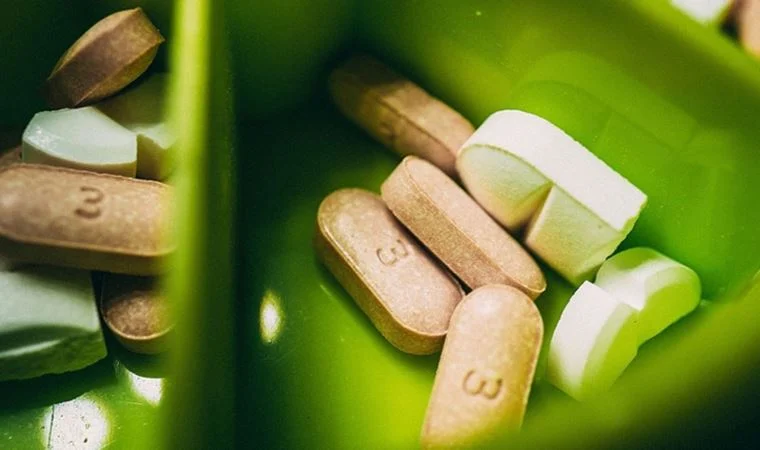Global Issues
Phthalates Are Harmful Substances -By Yakubu Danjuma
The most common phthalates is called diethyl phthalate (DEP) this substance is used together with alcohol to hold scent on the skin for longer period of time. According to the beauticians, the use of DEP in the perfume industry is not restricted because it has been claimed that it “does not pose any known health risks for humans” .

The centre for disease control (CDC) defined Phthalates as group of chemicals used to make plastics more durable. They are often called plasticizers. Some phthalates are used to help dissolve other materials.
In the modern age, Phthalates are in almost every household products floor covering, lubricating oils, and personal-care products (soaps, shampoos, hair sprays). Phthalates are harmful substances, according to the experts, in the past few years, researchers from all around the world have linked phthalates consumption with asthma, attention-deficit hyperactivity disorder, breast cancer, obesity and type II diabetes, low IQ, neurodevelopmental issues, behavioral issues, autism spectrum disorders, altered reproductive development and male fertility issues.
Some types of phthalates have also been identified with an ability to distort the reproductive system in animals.
Many household toys contain these materials thereby exposing infants to the harmful substances. Children crawl around and touch many things, then put their hands in their mouths. Because of that hand-to-mouth behavior which is common among infants, phthalate particles in dust might be a greater risk for children than for adults due to the fact that their body immune system is not fully developed.
Other common household like plastic packaging, garden hoses, and medical tubing are also coated with these substances. People are exposed to phthalates by eating and drinking foods that have contacted products containing phthalates. Some exposure can occur from breathing phthalate particles in the air especially through perfumes and wood finishing. When swallowed, phthalates are converted into breakdown products (metabolites) that quickly leave the body in urine under normal circumstances.
Nowadays the ingredients used in making perfumes contain some several forms of phthalates. The most common phthalates is called diethyl phthalate (DEP) this substance is used together with alcohol to hold scent on the skin for longer period of time. According to the beauticians, the use of DEP in the perfume industry is not restricted because it has been claimed that it “does not pose any known health risks for humans” .
However, contrary to that claim, some extensive research has shown that DEP is highly injurious to humans, especially to the children in the womb a medical doctor Gideon Chiroma said.
This calls for a form restraint and reducing the exposure of pregnant women to perfumes in order to reduce exposure to these harmful substances.
A publication by the United States (US) Consumer Product Safety Commission has shown that exposure to DEP applied to the skin causes developmental effects, including changes in brain weight, red blood cell health and other organ systems. The data from various researches also supports the conclusion that DEP can be considered “toxic” both following short and long-term exposures. Developed countries there have had been some actions taken towards reducing the extensive use of phthalates especially in to children’s products like toys.
Globally, more than 50 percent of the population would prefer fragrance-free workplaces, hotels, airplanes, health care facilities and public spaces, and almost 33% of us are suffering obvious symptoms because of the health impacts of synthetic scent, businesses and governments especially in Africa haven’t been complying with laid down regulations on the safety of these products.
Some of the ways of reducing the exposure of these substances as identified by scientist all over the world which are; staying away from plastic wrap and practice containers, avoiding the reheating of plastic containers, reducing the use of synthetic fragrance in all of its forms ranging from perfumes to candles, washing powders to car scents and perfume. It is advisable to stay fragrance free, however due to constant exposure to smell in the environment, natural products are recommended for use.
Danjuma Yakubu is a Fellow of Doctoral Degree in Biochemistry; Writing From School Of Postgraduate Studies, Gombe State University.* Email: yakubuydanjuma@gmail.com



















